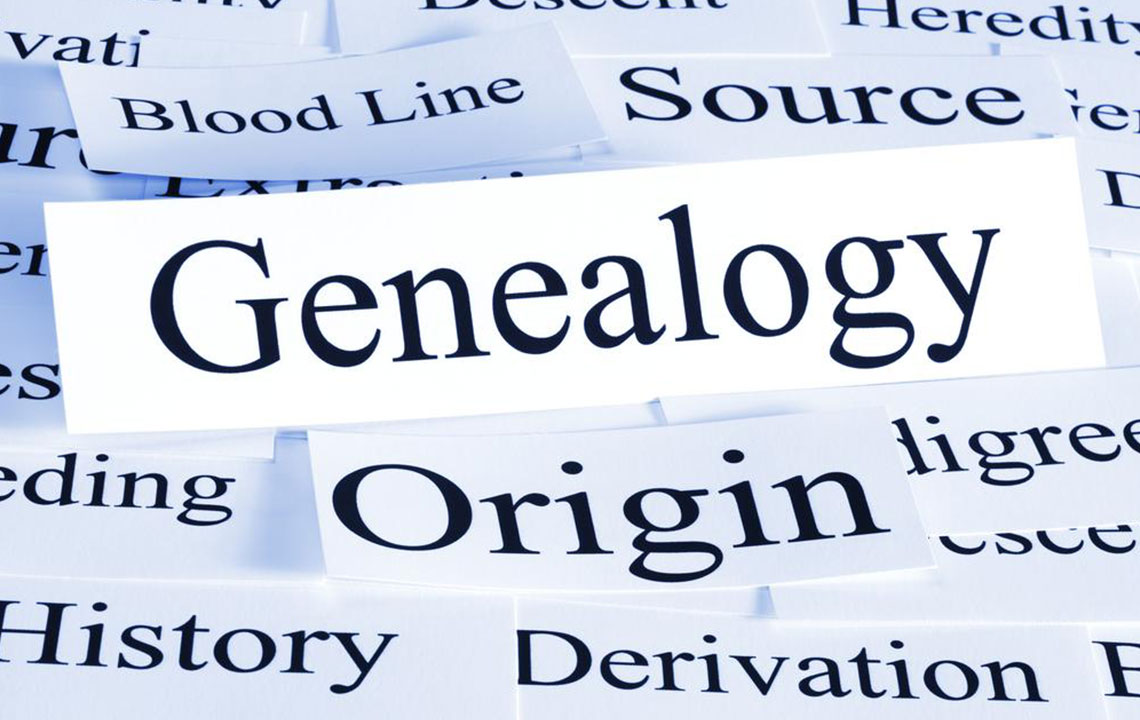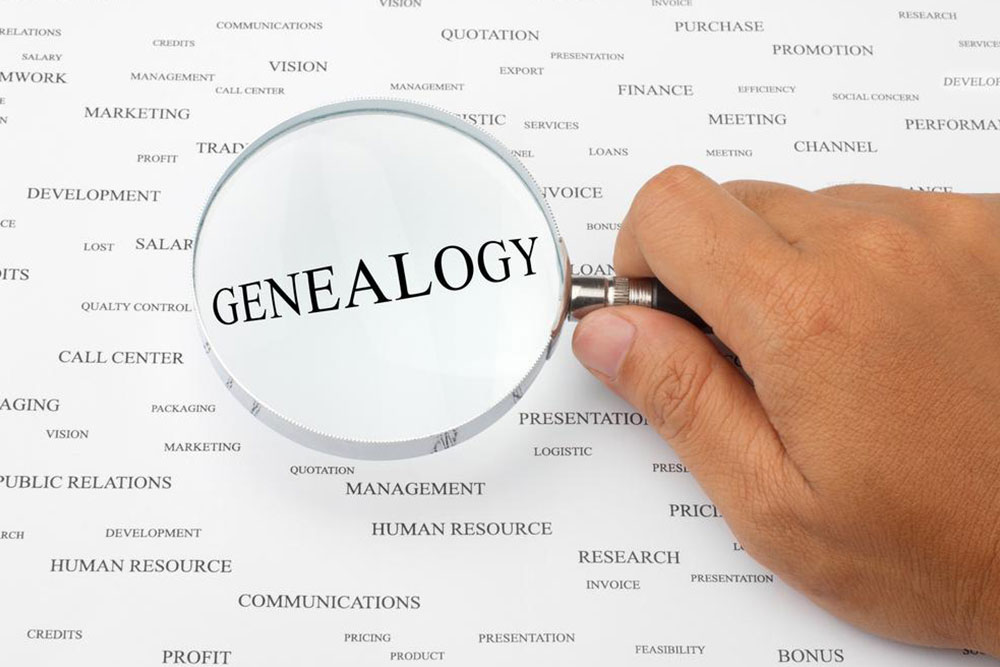Everything to know about court records for genealogy
Genealogical information can be instrumental in finding financial data and residences, and it can even help in finding relatives and clarifying the citizenship status and occupation of your ancestors. Although important, establishing an accurate genealogical timeline can be tricky when you don’t have much information to follow. In such cases, most people rely on oral accounts to know more about their family, which, unfortunately, may or may not have any factual substance to it.

Court records are easily available in the courthouse or on certain online platforms, but you might have to pay an administrative fee to access such information. If you need some solid evidence pertaining to your ancestry or just wish to know more about your lineage, you should definitely try this medium. These forms of court records can also help you get substantial information pertaining to unresolved family disputes.
Adoption records
These records hold all the essential material related to a legal adoption, including the original name of the adopted child, and their biological and foster parents, but you will need a court order to acquire this kind of information. Usually, such records are opened by the adopted child. Given the sensitive nature of the file, you will need a concrete reason to open such a file, and the court may not accept genealogical research as a qualifying cause.
Divorce records
Documents related to divorce comprise details like the names of both the spouses, their respective date of births, the state or country of their birth, names of their children, the marriage date and location, and the reason for their separation. If you want a copy of the divorce paperwork, you’ll have to write an application to the county courthouse where the divorce was granted. You will be required to mention details like the names of the spouses, the year of the divorce, and how you are related to the couple.
Naturalization records
Every record encloses a citizenship petition to the INS (Immigration and Naturalization Service), a petition to the local court clerk, and a Certificate of Naturalization. Apart from the courthouse, you can get the naturalization records from the INS. To receive a copy of these records, you’ll have to write to the local INS office and fill out form G-641 (Application for Verification of Information from Immigration and Naturalization Service Records). The early naturalization records might not be archived by the INS and can only be obtained in the county courthouse where the naturalization occurred.
Probate records
These type of court records can come in handy to establish a major chunk of the genealogical timeline. A probate record is created during the time of a person’s death to legalize the status of their will. These documents give you access to the person’s will and the type of assets they owned. Also, it generally enlists the names of the heirs and their relationship with the deceased individual.
If your ancestors were dealing with a court case, you could also get a hold of the following court records:
Case files
To find a case file, you will be expected to get a case file number from the index, minutes of the case, or docket. Such records contain vital information like evidence, testimonies, depositions, and correspondence.
Dockets
After the court decides that it will hear a case, it is kept on the court docket until the final trial. The entries on the docket comprise the plaintiff and defendant for every case, the dates of each hearing of the case, file number, and the titles of every document pertaining to the case. Normally, the dockets are arranged in a chronological format and divided by case types like civil, criminal, enforcement, family, and equity.
Minutes
The minutes of the court are maintained by a clerk, recording all the activity in court during a hearing. This form of record can especially come to the rescue when you can’t locate the dockets or indexes. Like dockets, these are kept in chronological order but are usually not indexed.
Orders
You can find the recorded orders of the court in almost every county’s courthouse. Typically, these documents contain an outline of the case and the judgment that is passed. Interestingly, in the past century, a significant number of naturalizations, memorials, the appointment of guardians, and re-recordings of the deeds were documented in the order books.
The best place to start your hunt for the right genealogical records is from a local court. You can approach the state or federal courts for records if the case involves violation of state or federal laws. You’ll have to write to the court in the area where your ancestors lived to obtain the records. If you are looking for material related to a case from a different jurisdiction or is sensitive, you will have to contact the court clerk in person.




